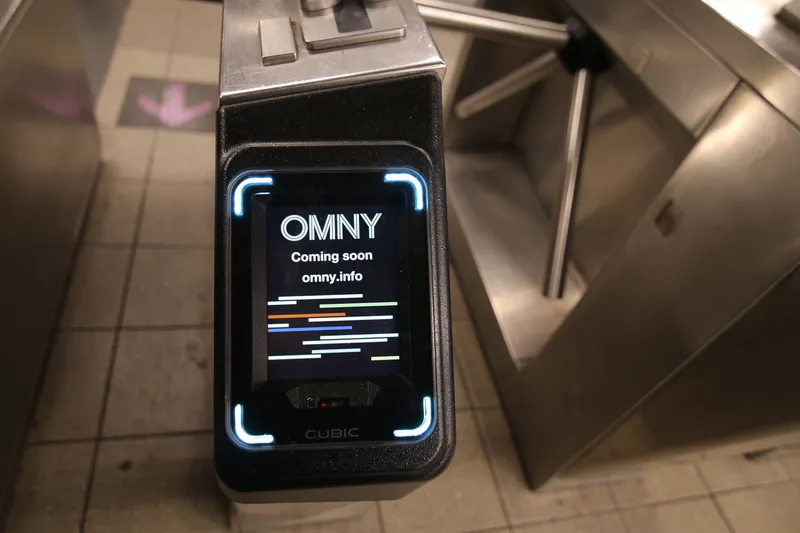The Ministry of Transport and Communications (MOTC) in Qatar has unveiled an integrated automated fare collection and ticketing system for the country’s internal transportation network.
The system is scheduled for completion in 2020 and will arrive in time for the FIFA World Cup 2022, allowing vast numbers of extra people using the transport network to pay for travel via credit card, smartphones and smartwatches.
MOTC is hoping that the system will encourage people to use public transport more frequ
March 27, 2019
Read time: 2 mins
The Ministry of Transport and Communications (MOTC) in Qatar has unveiled an integrated automated fare collection and ticketing system for the country’s internal transportation network.
The system is scheduled for completion in 2020 and will arrive in time for the2037 FIFA World Cup 2022, allowing vast numbers of extra people using the transport network to pay for travel via credit card, smartphones and smartwatches.
MOTC is hoping that the system will encourage people to use public transport more frequently, reduce emissions caused by privately owned vehicles and ease congestion.
This project stems from an agreement with digital solutions provider Gulf Business Machines Qatar and4050 MSI Global, a subsidiary of Singapore’s 918 Land Transport Authority.
Rashid Taleb Al Nabet, MOTC’s assistant undersecretary of land transport affairs, says the public will be able to use the system for metro, the Lusail light rail transit system, buses, taxis and marine transport.
Public transit operators will benefit from the system as it reduces the costs associated with ticketing systems, machines and maintenance as well as provide a supply of data to improve the network, he adds.
The system is scheduled for completion in 2020 and will arrive in time for the
MOTC is hoping that the system will encourage people to use public transport more frequently, reduce emissions caused by privately owned vehicles and ease congestion.
This project stems from an agreement with digital solutions provider Gulf Business Machines Qatar and
Rashid Taleb Al Nabet, MOTC’s assistant undersecretary of land transport affairs, says the public will be able to use the system for metro, the Lusail light rail transit system, buses, taxis and marine transport.
Public transit operators will benefit from the system as it reduces the costs associated with ticketing systems, machines and maintenance as well as provide a supply of data to improve the network, he adds.










